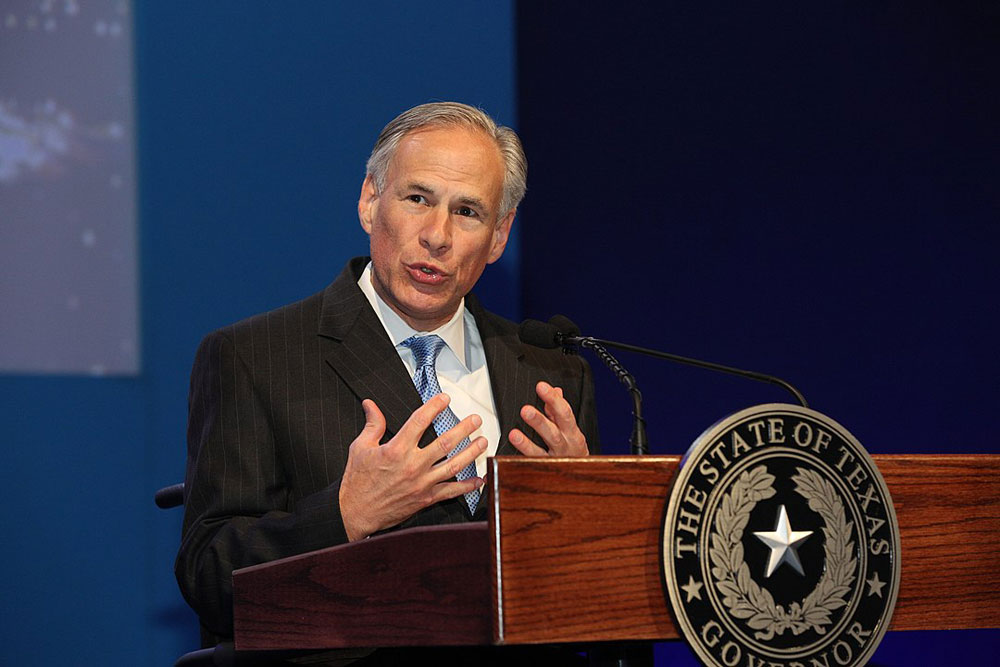
January 22, 2020; CBS Austin and New York Times
It’s one thing to worry about mission drift, but mission reassignment from the governor’s office? Well, that’s what happened after Governor Greg Abbott made Texas the first state to take President Trump up on an offer to states and cities in the form of an executive order to be able to opt out of taking on any refugees.
That offer is now off the table, at least for now, since it was deemed “likely unlawful” by a federal court judge who issued an injunction. But this is the second time Abbott has vowed to end refugee resettlement in his state, having done so during the Obama administration when he sued the federal government to resist taking in Syrian refugees.
This time, Abbott went a step further, urging resettlement nonprofits to reorganize to address the problems of Texans first—specifically suggesting they work to address homelessness.
Organizations working with federal funds earmarked for refugee resettlement and services told the governor (and the press) that they cannot just reprioritize and spend those funds elsewhere. But Abbott was not to be deterred.
Sign up for our free newsletters
Subscribe to NPQ's newsletters to have our top stories delivered directly to your inbox.
By signing up, you agree to our privacy policy and terms of use, and to receive messages from NPQ and our partners.
“I am putting my citizens first. We have challenges in the state of Texas that must be addressed by these very same nonprofit organizations,” Abbott told the hosts of the Fox News show Fox and Friends. “We have a growing homeless population in the state of Texas, and I refuse to allow the state of Texas to go down the same pathway of what we’ve seen in California.”
Governor Abbott has also wrapped the refugee issue in Texas with the immigration issue along the Texas borders, though nonprofits are quick to point out that they are not the same. According to Troy Griesen, director of World Relief of North Texas, the public needs more information about refugee programs, and what Governor Abbott is doing confuses the issue. “This is a much smaller segment of our population that we would be receiving, as far as refugees,” he said. “We’re not talking about people coming across the border. We’re talking about people seeking refuge from persecution. They have already been received by the US. They’ve been vetted, they’ve been screened and accepted. It’s just a matter of where they get resettled in the US.”
Some Texas cities have openly decried Abbott’s anti-refugee stance. One of those would be Amarillo, which resettled more than 7,000 refugees between 2007 and 2017. Speaking of the impact of the refugee population on Amarillo, Mayor Ginger Nelson said, “Yes, they’ve changed us, but it’s good to expand your horizons and to embrace different ways of thinking. The more ideas you have at the table, the stronger you are as a community.”
Once President Trump took office, of course, he “capped” the flow of refugees, which made them drop nationally, but Amarillo is still willing, along with other big city mayors. The state’s two largest newspapers and all 16 of its Catholic bishops have also opposed Abbott’s now moot opt-out decision, but he has been applauded by Republican leadership from across the state.
The dispute with Governor Abbott over where nonprofits should place their attention will not be settled without some effort. Texas does have to deal with many vulnerable groups needing attention at once. But as Russell A. Smith, CEO of Refugee Services of Texas, indicated, being in community with one group does not mean excluding others. In fact, the opposite is true.—Carole Levine













